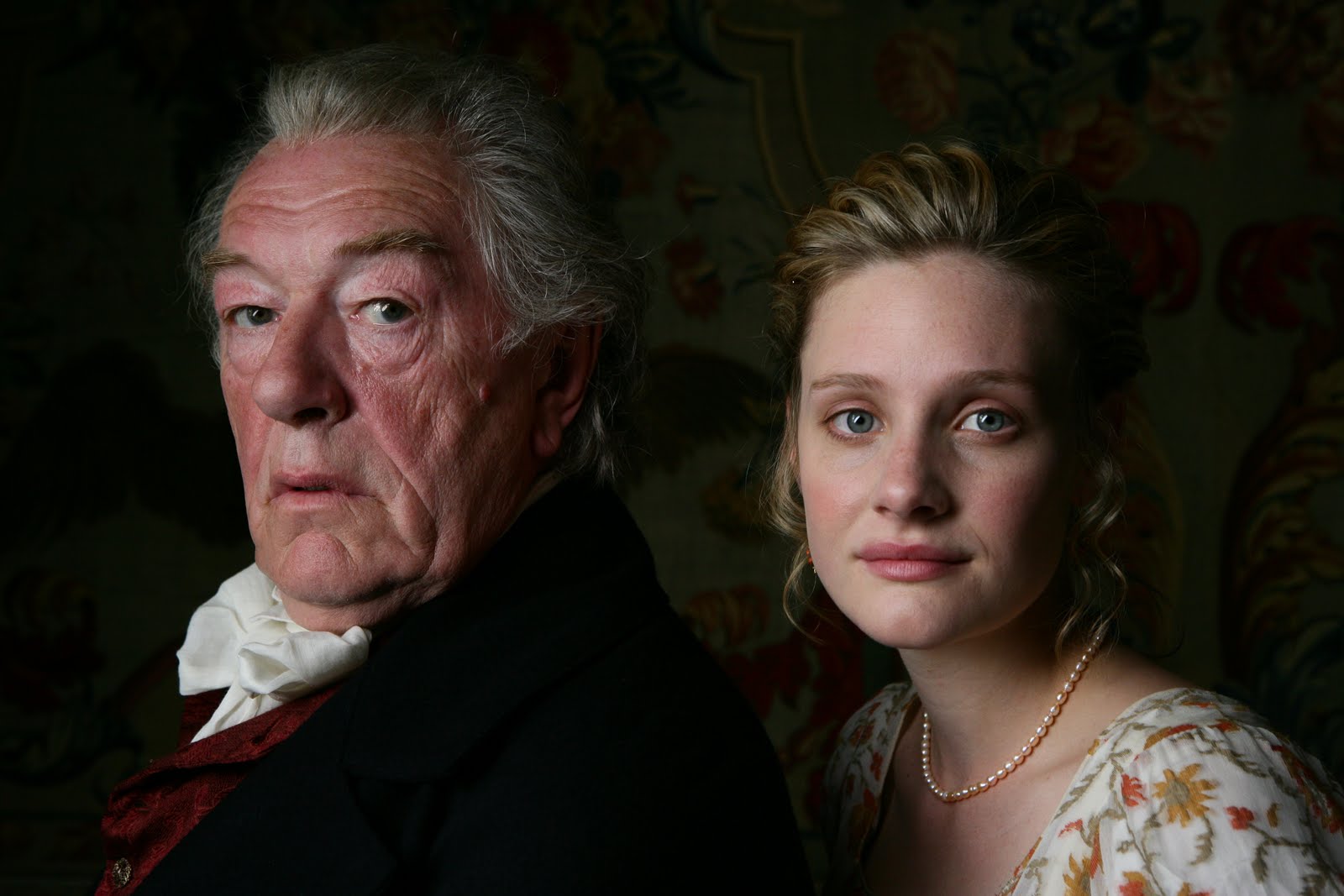Tuesday
The New York Times recently ran a beautiful article by a woman who turned to Jane Austen’s Emma while taking care of a mother with Alzheimer’s. An enthusiastic reader wrote in, “[T]his essay reminds us all of the importance of fiction in helping us cope with real, everyday problems.”
While taking care of her 92-year-old cognitively impaired mother, Carol Adams returned to Emma over and over. She couldn’t stop thinking about Emma’s relationship with her infirm father:
The novel asserts that Emma had little to distress or vex her, yet describes many distressing and vexing events. Emma is parenting her parent and has been doing so for quite some time.
Mr. Woodhouse is normally regarded as a comic figure, a hypochondriac, but for Adams he became much more: a dependent who takes over his caretaker’s life:
[H]ow [Emma] behaves toward her father confirms, to my reading at least, Mr. Woodhouse’s cognitive impairment. Deciding what to send as a gift is only one of the many activities that Emma does to assist her father. She helps him stay oriented, does the conversational work for him, and plays a simple game with him rather than the more complicated ones she prefers.
When a slight dusting of snow alarms her father, he asks: “What is to be done, my dear Emma? — What is to be done?”
The novel gave Adams a framework for processing her own situation:
[Psychologist] Dr. Scileppi provides a formula for understanding Mr. Woodhouse’s agitation:
Memory loss + anxiety = search for reassurance.
This was Emma’s vocation as well as mine: To fill in the blanks in our parents’ abstract reasoning, to offer reassurance in the face of anxiety and confusion, and to help orient them when they felt disoriented. I began a dialogue in my mind in which I used what I learned about Alzheimer’s to deepen my understanding of the novel, and Emma’s behavior to instruct me on caregiving.
One interchange in the novel particularly hit home:
Emma’s brother-in-law remarked on all of Emma’s social engagements. Indignant, she protested, “how very, very seldom I am ever two hours from Hartfield,” her father’s home.
Emma’s apparent freedom consists instead of constrained activities and parceled-out time. Mr. Woodhouse is always at home, waiting for her. In one survey, a third of caregivers reported being responsible around the clock for someone with Alzheimer’s. Like Emma, they are lucky if they have two hours to get out.
When I told a friend about listening to Emma and hearing “two hours” just as I was deliberating about my own two hours off, she was concerned that my life was too closely echoing the novel and exclaimed, “You better give up reading Austen!” As if. I needed Emma as an example, to inspire me to be more patient, less judgmental. Caregiving books tell us how to behave; Emma showed me.
Adams is particularly impressed by how Emma does what is currently recommended by caregiving experts:
In Emma’s case, rather than arguing with Mr. Woodhouse, she redirects him. It is as though she had read the books. With Emma’s help, I could give more and not feel I was losing myself in caregiving, because she was always there, in my mind.
Most of those who read Emma do not see it as Adams does, of course. For instance, Adams regards the Box Hall disaster as Emma blowing up over the the non-stop pressure, not as her unarticulated longing for Knightley. But that’s okay. We enter works of literature through the door that we have, and as often as not special insights arise from this vantage point. I enjoy teaching literature in senior centers because I get perspectives on works not afforded to me by 18-22-year-old college students.
In this case, I certainly feel I have a valuable new perspective on the character. It could well be that Emma’s need to control everyone around her stems from her need to be a major caregiver while she is still an adolescent. If she’s had to do thinking for two people from an early age, no wonder she thinks that it’s her responsibility to run Harriet’s life. Similarly, we gain a new respect for Knightley, who readjusts his life to accommodate Mr. Woodhouse. Real love is when your partner is willing to make your burdens his burdens.
I love teaching because I am continually adding new reading stories to my collection. Carol Adams has given me one more.


